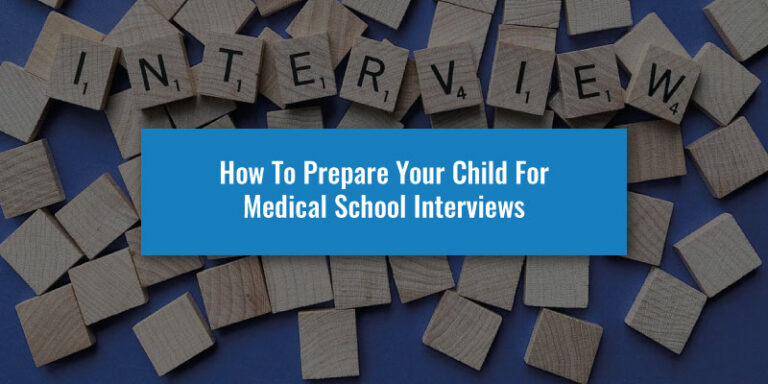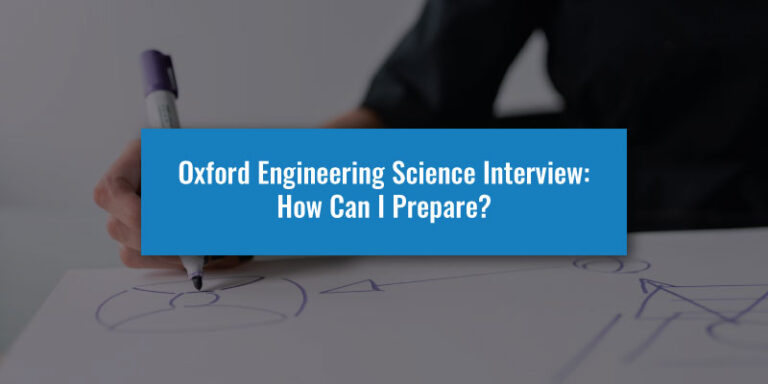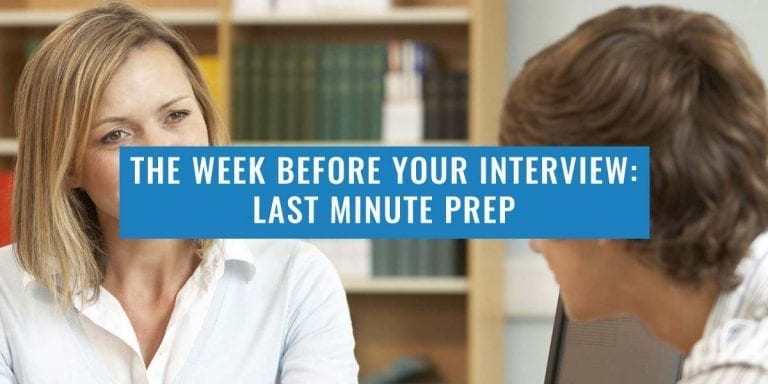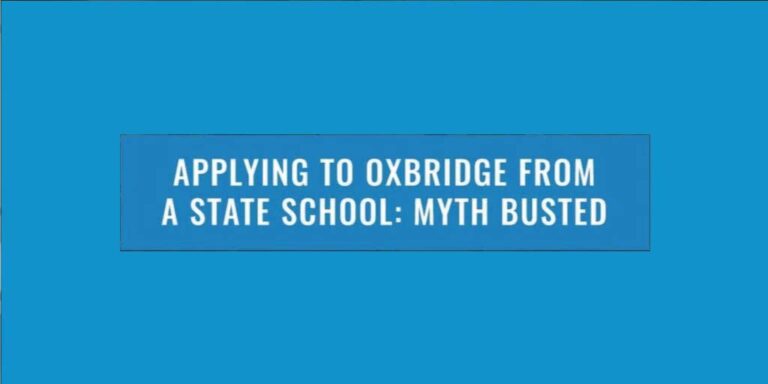The process of getting your interview at Oxford is a tough one, but the challenges aren’t over yet – you now have the interviews themselves to contend with.
Oxford is one of the best universities in the UK for History, so it’s no surprise that it’s incredibly competitive. However, the interview is the last stage of the Oxford application process, but, in many cases, it’s the most difficult, so this guide will help you understand what to expect and how you can be prepared for it. Let’s get started!
The Oxford History Interview Format
If you’ve already been invited to an interview at an Oxford college, then it’s important to understand that they’ve already recognised potential in your application. Although 70% of applicants are generally interviewed each year, only 24% of the cohort will be admitted on average (26.5% in 2023).
The interview is a vital stage in the Oxford application process, as it allows the college admissions teams to better differentiate between applicants who have performed equally well in their GCSEs, A-Levels and HAT. The interview is the only way for the colleges to determine the strength of an applicant’s character and see if they would be a good fit for Oxford.
The Oxford History interview is not a test to see how many facts and figures you know, or even how much history you have learnt. This stage is about getting to see how well you can speak about a subject. It’s a test drive to see whether you would be a strong tutorial partner and how passionate you are about your subject.
This brings us to the format of the interview. The format is usually in two parts, however, like any Oxford interview it depends on the tutor and they may try and surprise you at times.
The first part usually involves a very unusual source from any area of history. This section of the Oxford history interview is to test similar skills that the HAT examines. However, in this setting, the candidate must think on the spot and prove that they can communicate their thoughts coherently and convincingly.
The second part will usually be a discussion of either a piece of work you have submitted or an aspect of your Personal Statement. Be warned that they may play the devil’s advocate at this point and you must stand your ground. This will either be a history book that you have read or a specific subject that you have studied or are passionate about.
Next, let’s look at some of the most important tips for your interviews.
Get your offer for Oxford History with expert support from UniAdmissions
The most effective way to prepare for your History application is to engage with our expertly designed Oxbridge History Programme. For over a decade, we’ve been getting students into Oxbridge in all major subjects, so you can trust that we drastically increase your chances of getting your offer.
Discover our Interview Programmes below and find out how you can enrol and triple your chances of success.
Oxford History Interview Tips
Analysing a Source
The source that the tutor presents in the Oxford History interview is used to assess how critically and concisely the student can analyse a text. As well as to see if the student can put it into context and adopt a line of argument.
Precision is key. This means that for every point you make about the text, you should try and remember to refer it back to a specific line of the source.
It is very impressive if you can demonstrate a historically directed imagination and show originality of thought that is sufficiently backed up. This will make you stand out and prove that you are an enthusiastic history student.
In addition to examining the source, it is very good to relate it to other areas of history – whether thematically or within the context of time periods. The skill of looking outside of the source proves that you are imaginative and can see a broader picture. It shows you understand how history is not just a collection of separate events, but a process.
Further reading is recommended before you go into the interview so that you can refresh topics that you may need to refer back on. Refer to our Oxford history reading list recommendations for further reading.
Lead The Discussion
In the Oxford history interview, the tutor will nudge you to lead the discussion. Leading the discussion is very important because it shows initiative and confidence in your arguments. Along with this, you should express your opinions clearly, and again, make sure to relate it to other areas of history if you can.
Take Your Time
In the Oxford History interview, there is not much time to pause and think. However, it is very good to take your time, pick out a couple of aspects that you find interesting or unusual, and take a stand on the topic you’re discussing.
When you’re thinking, don’t do so in silence. A small amount of silence is fine, but you should verbally explain any processes you’re taking to answer the question or continue the discussion. It’s not only important for keeping the interview moving, but it helps demonstrate your thought process and gives the interviewers more chances to follow up on things you’ve said.
Not everything you say needs to be perfect, as long as you end up at a logical and effective conclusion to summarise your thoughts.
Preparing For Your Oxford History Interview
Finally, let’s consider the best way to prepare for your interview. As with any Oxford interview, the most effective thing you can do with your time is take complete mock interviews. This isn’t the only thing you should do, but mock interviews are the perfect way to practice everything else you’ve done (revision, practice questions, etc) in a fairly realistic manner.
“Realistic” is the key word here, as the mock interview should aim to make you feel as if you were talking to the Oxford admissions tutors on the day of your interviews. If possible, seek out someone who is knowledgable in History and who you don’t have much of a personal connection with (having mock interviews with someone you know well eases the tension, which isn’t ideal).
Have them prepare a source and read your Personal Statement, much like how interviews will be conducted. Then, ensure they can provide actionable feedback once finished. You should aim to do this at least twice before your real interview, though the more mocks you can complete, the better,
Oxford interviews are currently held online via video call, so try to replicate this in your mocks if possible. If you are unable to find someone who can conduct these interviews with you, mock interview services are available which will aim to accurately replicate the experience of an Oxford interview.
That concludes our look at Oxford History Interviews. We hope this guide has been helpful to you and we wish you the best of luck with your interviews.
Remember to explore the UniAdmissions Oxbridge History Programme if you would like to access expert support for your Oxford Interview or your full application.
Get dedicated History application support from expert tutors with UniAdmissions
Secure your place to study History at Oxford with the Premium History Programme. You will receive complete guidance on anything from writing Personal Statements, or how to answer those tough History interview questions, to what you need to study to prepare you for the HAT test.
Discover our History Programme below and find out how you can enrol and triple your chances of success.







